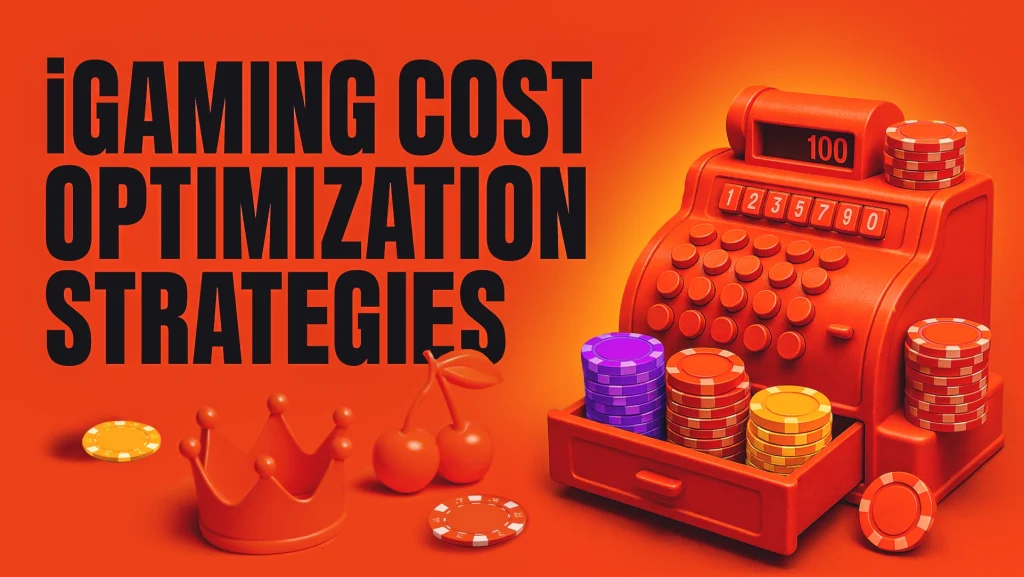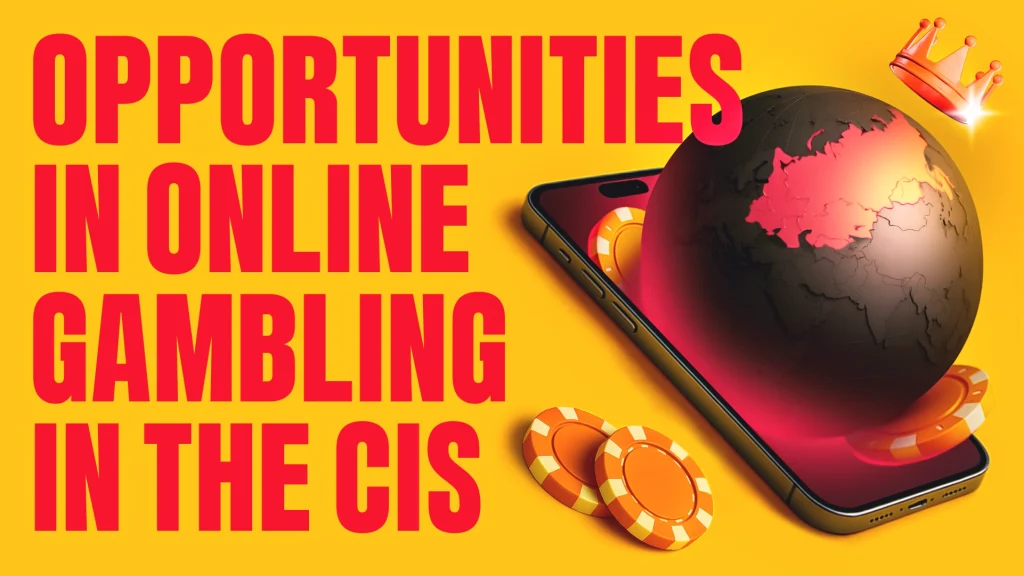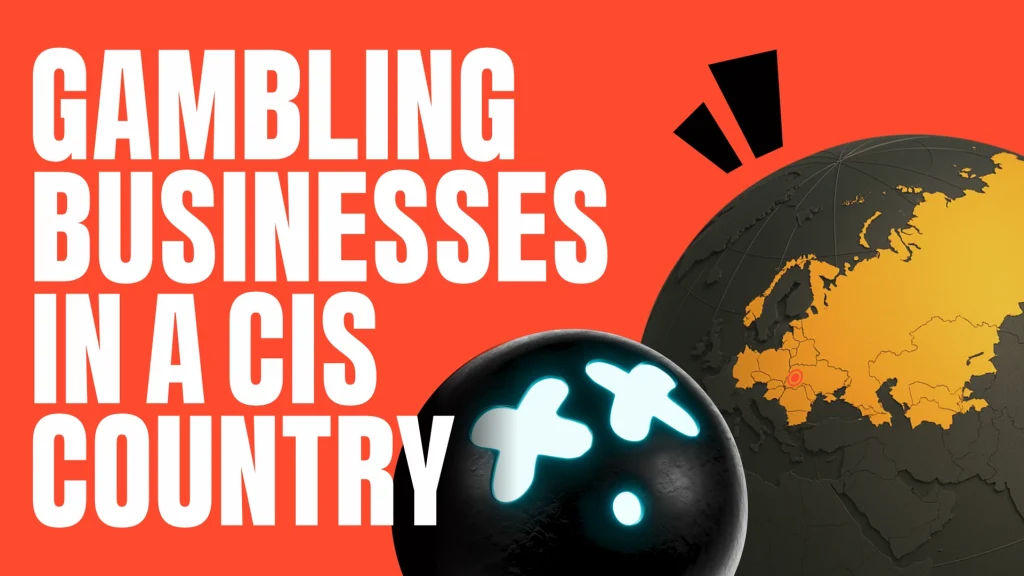Legal Online Gambling: What You Need to Know | Betboyz
Millions of people are daily placing bets, spinning slots, and bluffing their way through poker hands like it’s just another Tuesday. While online gambling has exploded in popularity, the laws around legal online gambling, however, are still a mess. And unless you’ve actually checked the rules—you might not even know if you’re playing on the right side of the law.
In this article, we’re diving into the wild world of legal online gambling, where it’s allowed, what being “licensed” actually means, and why it matters for both players and platforms.
Simply put, it’s a gambling business that operates within the framework of laws and regulations in a specific jurisdiction. Let’s break it down into three types: regulated, semi-regulated, and grey markets.
In regulated markets, gambling is licensed, monitored, and taxed to the last penny. Governments in these regions have clear rules about who can operate, what games are allowed, and how operators must protect players. Also, geolocation software ensures you’re playing from an authorized location, and random number generators (RNGs) are audited for fairness.
Key legal terms here include:
- Regulation: The rules operators must follow.
- Licensing: The permission slip operators need to play the game legally.
- Compliance: Operators proving they’re not shady by following said rules.
These jurisdictions might allow some forms of gambling (like sports betting) but ban others (like online casinos). They might have laws on paper, but lack the resources or interest to enforce them. Players here often rely on offshore operators who may or may not play by the rules.
The grey market is usually the “we’ll allow it but won’t talk about it” zone. Here, online gambling isn’t explicitly legal or illegal. Operators might not need licenses, and players gamble at their own risk. Think of it as the online equivalent of a speakeasy: fun until something goes wrong.
Legalizing gambling, especially through legal online casinos, isn’t just about governments cashing in, it’s about creating a safer, more transparent industry. Here’s the scoop:
- Tax Revenue: Governments collect billions from taxes and licensing fees, which fund public services.
- Player Protection: Online gambling laws ensure secure payments, fair games (thanks to certified RNGs), and tools like deposit limits and self-exclusion.
- Safer Platforms: Operators must comply with strict regulations, building trust and reducing risks like fraud or data theft.
Unregulated gambling is the Wild West:
- Fraud: Unlicensed platforms might not pay out or rig games.
- No Recourse: If something goes wrong, you’re on your own.
- Data Theft: Your personal info is up for grabs.
Society’s warming up to gambling as legitimate entertainment, thanks to stricter online gambling laws, cultural acceptance, and tech advancements like live dealer games.
Online gambling laws are a mixture of regulations worldwide, ranging from heavily regulated markets to “don’t ask, don’t tell” grey areas. Let’s break it down by region:
Europe is the VIP lounge of online gambling, with markets like the UK, Sweden, Malta, and the Netherlands leading the way. These countries have strict licensing and compliance requirements, ensuring player protection and fair play. The European Union adds another layer with cross-border regulations like GDPR for data security and AMLD to combat money laundering.
Fun fact: while EU laws aim for harmony, each country still does its own thing, so operators must juggle a dozen different rulebooks.
United States: New Jersey, Pennsylvania, and Michigan are shining examples of regulated markets offering online casinos, poker, and sports betting. Meanwhile, some states still ban it outright.
Canada: Provinces regulate independently. Ontario leads with a fully open market, while others lag behind or rely on government-run platforms.
iGaming in LatAm is waking up to online gambling’s potential.
Colombia: The first Latin American country to regulate online gambling in 2016, setting the standard for others.
Argentina: Buenos Aires has embraced regulation, but other provinces are still figuring it out.
Brazil: Slowly rolling out laws to regulate sports betting and online casinos.
A mixed bag:
Philippines: PAGCOR licenses operators serving foreign players but keeps locals out of the fun.
India: Gambling laws vary by state; some allow online rummy and poker, while others ban them all.
Japan: Limited to sports betting and lotteries; casinos remain tightly controlled.
Meanwhile, China and South Korea crack down hard on online gambling, don’t even think about it.
Africa: Emerging markets like South Africa, Kenya, and Nigeria are interested in regulation. However, inconsistent enforcement and limited infrastructure make this a challenging landscape for operators.
An iGaming license is essentially the permission slip that allows operators to run a gambling business legally. Without it, they can’t process payments, partner with software providers, or even advertise in regulated markets. For players, it’s a sign that the platform is legit, your money is safer, games are fair, and there’s a regulatory body to complain to if things go south.
- B2C (Business-to-Consumer): This is for operators directly serving players—think online casinos and sportsbooks.
- B2B (Business-to-Business): For companies providing services like gaming software or platforms to operators.
Both types require rigorous compliance with anti-money laundering (AML) policies, Know Your Customer (KYC) checks, and technical audits.
Some regions are licensing powerhouses, offering credibility and player trust. Here are the big names:
- Malta Gaming Authority (MGA): The gold standard for European operators. Known for strict compliance and player protection.
- UK Gambling Commission (UKGC): One of the toughest regulators globally—if you survive their scrutiny, you’re golden.
- Curacao eGaming: A budget-friendly option with less stringent requirements but still widely recognized.
- Kahnawake Gaming Commission: Based in Canada, it’s ideal for North American-focused operators.
- Isle of Man & Gibraltar: Both offer robust regulatory frameworks with tax incentives for operators.
- Emerging jurisdictions like Tobique are also gaining traction as new players in the licensing game.
Getting licensed isn’t as simple as filling out a form and waiting for approval—it’s a marathon of paperwork and compliance checks:
- Business Registration: Operators must register in the jurisdiction where they’re applying for a license.
- KYC & AML Compliance: They need airtight systems to verify player identities and prevent money laundering.
- Auditing & Testing: Games must be independently tested to ensure fairness (no rigged slot machines allowed).
- Financial Stability: Operators must prove they have enough funds to cover player winnings and operational costs.
- Ongoing Compliance: Even after approval, regular audits keep operators on their toes.
For players, licensed platforms mean safer gambling environments with recourse if something goes wrong. For operators, licenses open doors to partnerships with payment providers and software developers while keeping them out of legal hot water.
Finding a legit online gambling site can feel like navigating a minefield of flashy ads, unrealistic bonuses, and vague promises. But don’t worry—there are clear signs that separate trustworthy platforms from shady ones. Here’s what makes a casino legit and worth your time (and money).
A trustworthy site proudly displays its credentials like a badge of honor. Look for:
- License Number: Usually found in the footer of the website. Cross-check it with the licensing authority (e.g., UK Gambling Commission or Malta Gaming Authority). If it’s missing or vague, you better run away fast.
- Seal of Approval: Legit sites often feature seals from regulatory bodies or independent auditors like eCOGRA or IBAS, which verify fair play and dispute resolution tools.
- Terms & Conditions: Clear and visible T&Cs are non-negotiable. If they’re hidden or written in legalese designed to confuse you, it’s probably a trap.
Fair play isn’t just about not rigging games: it’s about creating an environment where players feel safe. Here’s what to look for:
- RNG Certification: Random Number Generators (RNGs) ensure games aren’t stacked against you. Legit casinos have their RNGs audited by third parties.
- SSL Encryption: A padlock icon in your browser means the site uses encryption to protect your data. If it’s missing, don’t even think about entering your credit card details.
- Responsible Gaming Policies: Look for tools like deposit limits, self-exclusion options, and links to organizations like GamCare or GambleAware. These show the platform cares about your well-being, not just your wallet.
Even on legit platforms, disputes happen. The difference? Trustworthy sites offer solutions:
- ADR Services: Alternative Dispute Resolution bodies like IBAS mediate issues between players and operators.
- Customer Support: Reliable casinos provide multiple support options—live chat, email, phone, and respond promptly. If their support team ghosts you, consider it a red flag.
Want to make sure you’re not signing up for a scam? Here’s the quick checklist:
- License Check: Use the site’s license number to search the regulator’s database (e.g., UKGC or MGA).
- User Reviews: Check forums or Trustpilot for real experiences.
- Test Support: Send a quick query to customer service. A fast, helpful reply is a green light; silence is a red flag.
Get you a strategic and growth partner in the iGaming world to guide you toward success.
Unlicensed gambling sites may look tempting with flashy bonuses and promises of anonymity, but they’re essentially the Wild West of online gaming. Here’s what you’re risking:
- No Legal Protection: If your winnings mysteriously vanish, there’s no regulatory body to help you out. You’re left shouting into the void.
- Fraud and Rigged Games: Without oversight, games can be manipulated, payouts denied, and your personal data sold to the highest bidder.
- Financial Losses: Even if you win big, unlicensed sites might lack the funds or the ethics to pay you.
Playing on illegal platforms is risky, and depending on your jurisdiction, it could land you in hot water.
- Players: In some regions, gambling on unlicensed sites can lead to fines or even criminal charges. The punishment depends on local laws; some are lenient, while others treat it like a major crime.
- Operators: Running an illegal gambling site is a whole different level of trouble. Operators face hefty fines, asset seizures, and potential jail time for violating laws like anti-money laundering regulations and tax evasion.
Grey markets are where things get tricky—and shady. These are jurisdictions where online gambling isn’t explicitly legal or illegal but operates in a legal limbo. Operators exploit loopholes like vague laws or a lack of enforcement to run their businesses without proper licensing. While these platforms may seem safer than outright illegal ones, players still face risks like unreliable payouts and limited recourse if disputes arise.
The igaming trends in legislation are evolving at lightning speed, and lawmakers are scrambling to keep up. Between increasing regulation, the rise of crypto casinos, and shifting market dynamics across continents, the future of gambling legislation is shaping up to be a fascinating—and occasionally chaotic—landscape. Here’s what’s on the horizon.
More countries are jumping on the regulation bandwagon, realizing that legalizing online gambling isn’t just about controlling the industry; it’s about cashing in on the tax revenue. Europe continues to lead the charge with strict frameworks, while North America is slowly but surely expanding online casino legalization state by state. Even Latin America is stepping up, with countries like Brazil and Argentina working on structured regulations to curb black-market gambling and boost their economies.
Cryptocurrency is becoming the darling of online gambling platforms, offering fast transactions and anonymity. But while players love it, regulators are still scratching their heads over how to handle it. Issues like anti-money laundering (AML), taxation, and player protections are forcing lawmakers to rethink how they approach digital currencies. The rise of crypto casinos could be revolutionary, or a regulatory nightmare.
- North America: The U.S. is moving toward broader legalization, though progress is slow due to state-by-state complexities. Meanwhile, Canada’s provincial regulations are expanding steadily, with Ontario leading the charge.
- Latin America: Emerging markets like Brazil and Colombia are embracing online gambling regulation as a way to combat illegal activity and generate revenue.
- Asia: While countries like Japan and India remain cautious with limited legalization, others like the Philippines continue to thrive under established frameworks. However, China remains notoriously strict.
New legislation makes player protection and responsible gambling technology non-negotiable. Features like AI-driven behavior monitoring, self-exclusion tools, and spending limits are being integrated into platforms to ensure safety without killing the fun. Regulators are increasingly prioritizing these measures as they aim to balance industry growth with consumer welfare.
As regulations tighten and markets evolve, entering the online gambling space isn’t just about having a good product—it’s about understanding the legal landscape from day one.
Get you a strategic and growth partner in the iGaming world to guide you toward success.
For players, legal online gambling means knowing your money’s safe, the games are fair, and there’s actually someone to complain to if things go sideways. For operators, it means building a business that can scale, partner with the right providers, and not suddenly disappear because of a compliance issue in a country you forgot to research.
At the end of the day, regulation isn’t the boring part; it’s the part that makes everything else possible. In a space that moves and changes fast, legal clarity isn’t just nice to have; it’s your smartest bet.
And if you’d rather not figure it all out alone, that’s what BetBoyz is here for.




